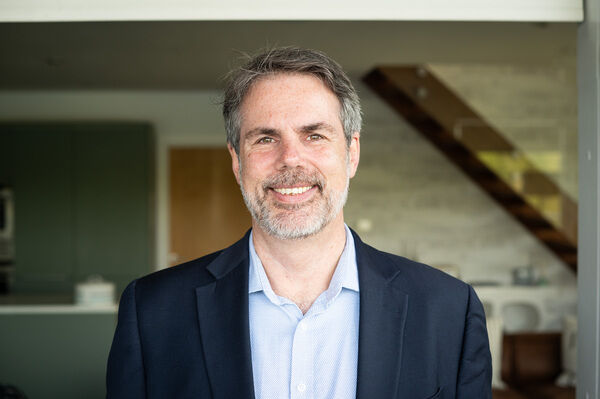Getting technical – courage in action
by Guy Ellis
Sometimes I try to get all technical and other times all mushy.
Today’s a technical day.
We borrow ideas for our practical solutions from all sorts of sources – using academic research from psychology (all branches), human resource management, ethics, courage, leadership and marketing to name a few – before melding them into workable tools, models, analysis and advice for our clients.
I’d like to talk about our ‘ideal’ self (sometimes called the ‘should’ self) and our ‘daily’ self (also known as our ‘want’ self) – a concept we have ‘borrowed’ from ethics.
There’s a lot of research behind all of this but essentially, most people believe that they will act in accordance with their ‘ideal’ self when required. In other words, if they think that they are courageous (or ethical), they believe that they will be courageous (or ethical) when the time comes to act in that way.
However, in reality, there are very few occasions which are so obviously an opportunity to be courageous (ethical) and when these events do occur (which are recognised in hindsight), people tend to act as their ‘daily’ self. For example, when asked by their manager to delay processing some receipts until the next quarter, most people would comply. If the individual was to question themselves, they could give a number of reasons for doing so – complying with the boss, only a short delay, done it before, not my decision etc. Research suggests that very few people in this example would refer to their ‘ideal’ self and see the ethical issue and therefore the need to be courageous.
It’s not all bad news however – there are many ways that we can help our ‘ideal’ self emerge. The first and most important is understanding that we have both an ‘ideal’ and ‘daily’ self – awareness is critical to helping us become more courageous.
The second way to increasing our courage is to prepare our ‘ideal’ self in advance. Research of ‘survivors, and ‘heroes’ – people who have survived air crashes, saved children from drowning etc. consistently shows that those individuals had already thought about the situation and decided what they would do if the situation presented itself.
A third way of increasing personal courage is to increase the influence of the ‘ideal’ self. A key aspect of this is to recognise courageous opportunities as they occur, not after the event. The use of rationalisations is a sign that such an event is occurring e.g. when we start saying “it is none of my business”, “no one will be hurt”, or “it could have been worse”, we need to examine the event through our ‘ideal’ self and not our ‘daily’ self.
A final mechanism is to reduce the influence of our ‘daily’ self. We can do this through publicly declaring our intentions to be courageous or by ensuring we have the financial resources to not suffer any practical consequences of our courage e.g. job loss.
Faced with the obstacles of everyday life and the pressures to conform, research also has also consistently shown that it only takes one or two dissenting people to positively influence a crowd.
In other words, courage can be catching!

